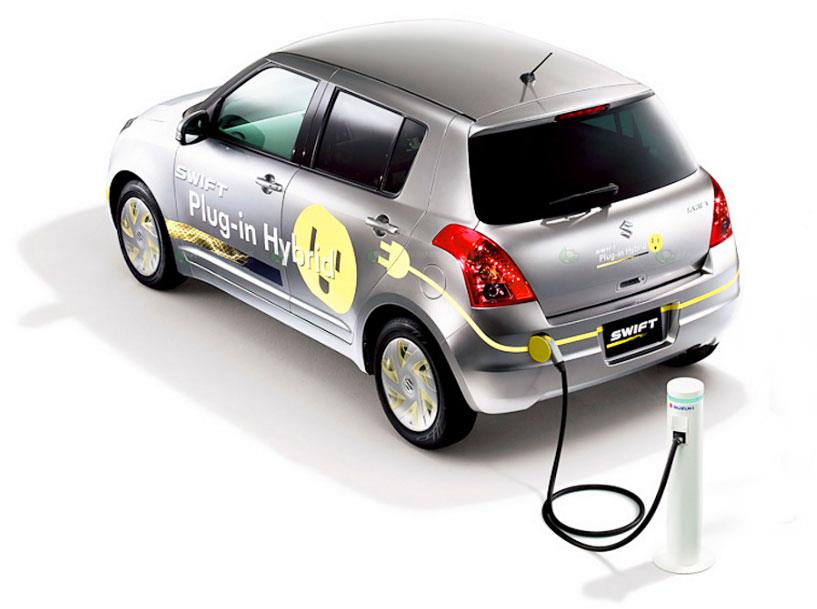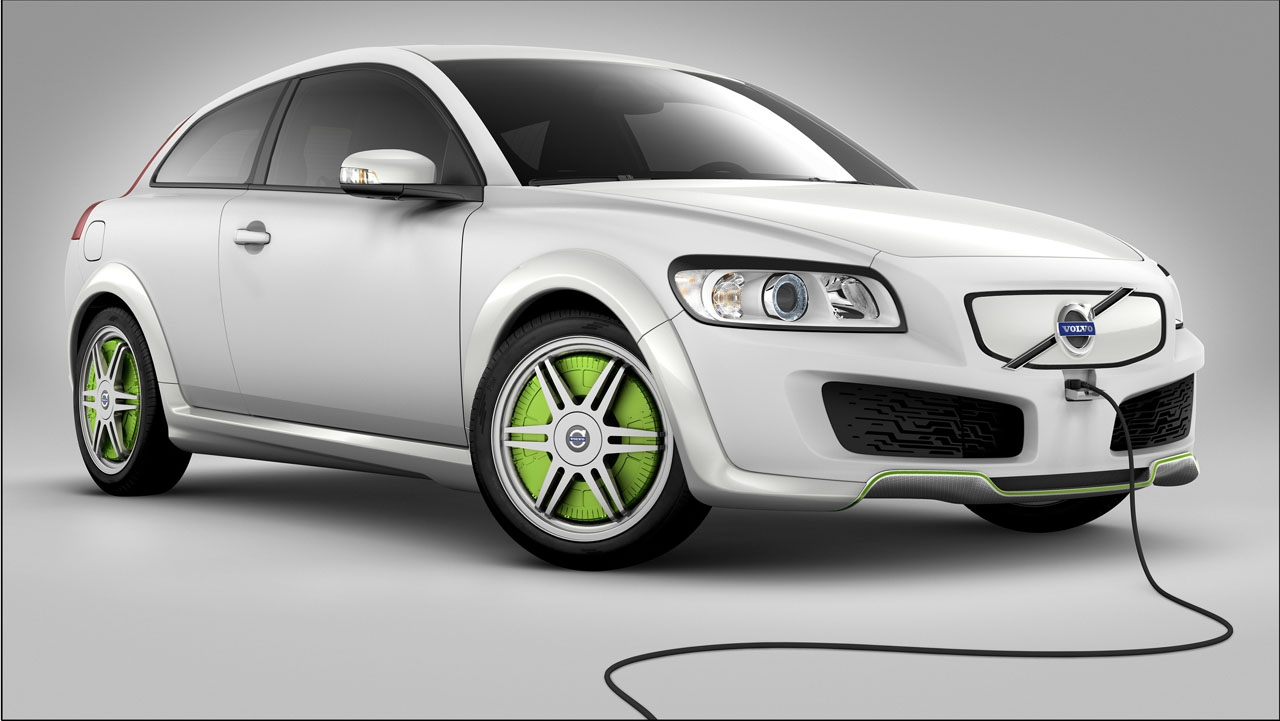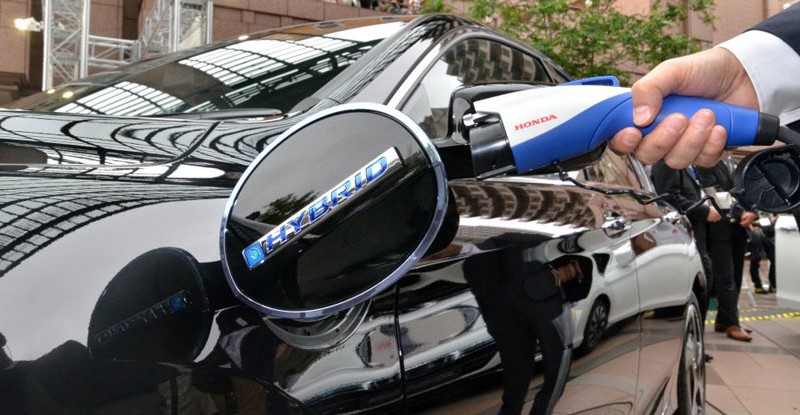Hybrids have been in the U.S. market since late 1999 and there's a growing used hybrid market that's attracting buyers in search of fuel-efficient cars without a higher price tag.

But what exactly is a hybrid, and how does it improve fuel economy? Do they all provide similar fuel savings?
A vehicle is a hybrid if it utilizes more than one form of onboard energy to achieve propulsion. In practice, that means a hybrid will have a traditional internal-combustion engine and a fuel tank, as well as one or more electric motors and a battery pack.

Hybrid Car Glossary
Below are the terms most often used when referring to hybrid vehicles.
Motor-generator: The more accurate term for the electric motor. It provides supplemental acceleration "oomph" when operating as a motor by drawing electricity from the battery. Several hybrids have two, and a few models employ three.
Stop-start: Present on all hybrids, the engine's traditional starter motor is absent because the motor-generator takes on that function, too. Hybrid-control software shuts the engine off while stopped at traffic signals and automatically restarts it again with the electric motor when the driver releases the brake pedal. Eliminating the fuel waste of an idling gas engine causes overall mpg to climb significantly and tailpipe emissions to drop, especially in town.
Regenerative braking: An important function of the motor-generator is to generate electricity to recharge the battery as it absorbs a portion of the vehicle's momentum when slowing or coasting downhill. Normal cars waste all of their excess momentum as heat in the brakes. Regenerative braking is insufficient to stop a car quickly, so conventional hydraulic brakes are still necessary.
Electric drive: Operating the vehicle on electric power alone is possible if the hybrid system has enough electrical capacity. The maximum speed and distance over which electric-only operation can be sustained varies from essentially zero to a handful of miles, and has everything to do with the weight and aerodynamics of the vehicle, the strength of the motor-generator and, more than anything else, the capacity of the battery.

All About Batteries
Hybrids employ two battery types. Nickel-metal hydride batteries are used in almost all current hybrids, but they are not sufficiently efficient and compact for plug-in use.
Lithium-ion batteries that are durable enough for automotive use are the battery of choice for plug-ins and, increasingly, for newer conventional hybrid models. They are lighter and more energy-dense than nickel-metal hydride batteries. Battery engineers continue to seek the next-generation hybrid or electric vehicle battery that will offer even lighter weight, lower cost and greater range.


